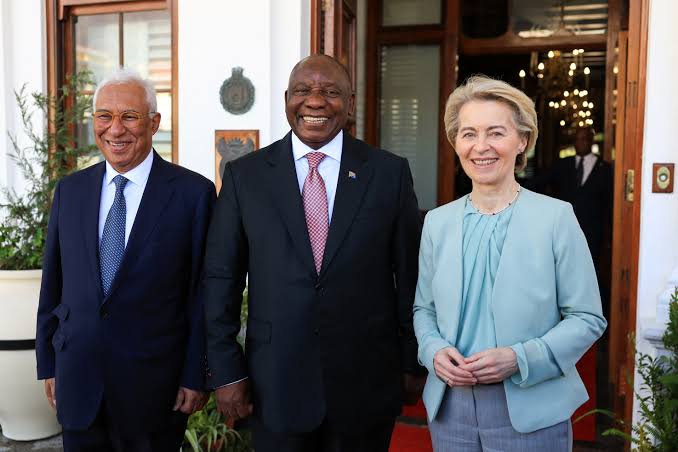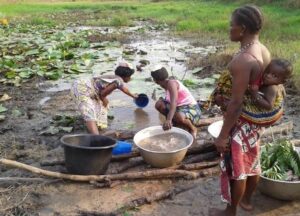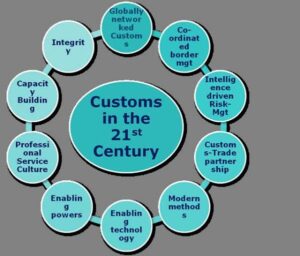European Union leaders declared a 4.7 billion euro ($5.10 billion) investment initiative during their visit to South Africa on Thursday, coinciding with a time when relations with the United States are at their lowest in decades.
The European representatives noted that this visit provided a chance to reinforce their connections with Africa’s most developed economy, aligning with South Africa’s presidency of the Group of 20 nations, which U.S. officials have largely overlooked so far.
U.S. President Donald Trump’s shift towards Russia regarding the Ukraine conflict has taken European leaders by surprise, disrupting long-standing U.S. policy since Moscow’s comprehensive invasion in 2022. His strongly pro-Israel position has created tensions with South Africa, particularly concerning its genocide case against Israel at the World Court.
The U.S. administration has also intervened in both Europe and South Africa’s internal affairs, criticizing Europe for attempting to isolate far-right elements and neglecting voters’ concerns about immigration, while reducing aid to South Africa for its efforts to tackle historical racial land injustices.
The EU journey aimed to improve relations, which became strained when South Africa declined to unequivocally condemn Russia’s Vladimir Putin for his invasion of Ukraine.
European Commission President Ursula von der Leyen emphasized South Africa’s significant role on the global stage as a leading representative of the Global South.
“In a time of heightened confrontation and rivalry, we must enhance our partnership,” she stated.
During discussions with President Cyril Ramaphosa in Cape Town, she mentioned Europe’s desire to aid the growth of the South African economy.
“Europe recognizes your potential,” she expressed while sitting next to European Council President Antonio Costa. She mentioned clean hydrogen, highlighting South Africa’s capacity to utilize its abundant natural resources and extensive renewable energy opportunities.
See more: Sudan’s warring parties fueling world’s ‘most devastating’ aid crisis, say aid officials
Ramaphosa stated that South Africa seeks support from Europe to transition to a low carbon economy and expand its industry, adding that it appreciates European backing for multilateralism amid rising nationalism.
“Relations between Africa and the European Union should be founded on a partnership that benefits both parties,” he affirmed.






